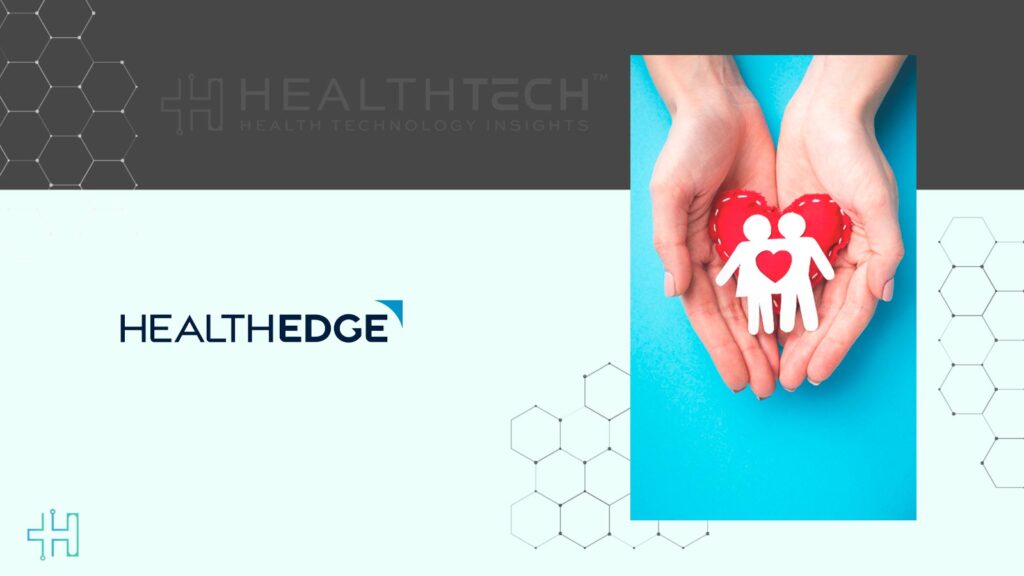Survey of 4,500+ Consumers Measures Public Perception of Health Insurance and Reveals Gaps and Opportunities for AI to Transform Member Experience
HealthEdge released its fifth annual Healthcare Consumer Report, unveiling key insights into consumer sentiment about their health insurance plans. This year’s findings highlight the growing importance of affordability, transparency, member engagement, and the role of emerging technologies like artificial intelligence in shaping consumer expectations.
Health Technology Insights: Merck Manuals Launches AI Tool for Medical Info Access
Notably, more than half of respondents (51%) now view their health plan as a partner in their care rather than just a payer of medical bills. This shift in perception matters because those who see their plan as a partner report significantly higher levels of satisfaction, loyalty, and engagement.
“Consumers want more choice in their health coverage – and they’re getting it as the market shifts towards Medicare Advantage, ACA exchanges, employer reimbursement and other flexible arrangements. This demand for choice is forcing payers to reinvent themselves with retail-like experiences that position them as a true partner in care,” said Alan Stein, Chief Product & Strategy Officer at HealthEdge. “Technology will play a vital role in this evolution as consumers embrace and ask for digital tools that enable better communication and more personalized experiences. As AI proliferates through all areas of life and business, health plans have a massive opportunity to exceed member expectations if they can introduce AI-powered innovations to scale the more personalized and proactive services that members expect.”
Health Technology Insights: Pager Health Launches Industry’s First End-to-End Member Navigation Platform
Research Highlights Increasing Digital Engagement and AI Growth Potential
This year’s Healthcare Consumer Study identified a surge in digital engagement among healthcare consumers. For example, 78% of respondents said they have used or plan to use their health plan’s mobile app, compared to 64% a year ago. However, as healthcare organizations focus on strategies for implementing AI, consumers have not been quick to adopt the technology – or they don’t realize they’re using it. A large majority (79%) of consumers say they either haven’t used (58%) or don’t know if they’ve used (21%) AI-powered tools provided by their health plan.
Despite slower adoption, a significant number of consumers — 64% — are open to trying healthcare AI tools like chatbots and personalized cost-saving features. Still, concerns linger. When asked about their primary apprehensions regarding AI, respondents cited quality and accuracy (26%), privacy (20%), and data security (20%) as top issues. Nearly one-third (30%) of respondents stated that clearly communicating when and how AI is used would improve their confidence in their health plan using AI technology.
Other key findings of the research include:
- 78% of people who view their health plan as a partner are satisfied with the level of personalized experience, compared to only 49% of people who view their plan as a payer.
- Cost is the biggest factor influencing consumers’ loyalty to their health plan. 42% cited monthly premiums or out-of-pocket costs as reasons they would stay with a health plan, while 43% cited these as reasons they would leave.
- However, consumers that view their health plan as a partner versus a payer are less cost-driven with fewer citing monthly premiums (16% vs. 25%) and out-of-pocket costs (19% vs. 28%) as criteria that would influence them to switch plans.
- Trust is difficult for health plans to earn, with nearly one in five consumers (17%) saying they would remain skeptical and unwilling to trust their health plan—no matter what it does. Providing clear and transparent communication about benefits is the best way to earn trust, according to 42% of respondents.
- A majority (60%) of consumers with employer-provided coverage said they would be likely to participate in an individual coverage Health Reimbursement Arrangement (ICHRA), which would allow them to shop for their own insurance, if it were offered by their employer.
- For the third consecutive year, consumers have voiced a decline in satisfaction with the tailored support their care managers provide to address their social determinants of health (SDOH) needs. For example, among consumers assigned a care manager, 33% are fully satisfied with resources to address economic conditions, compared to 36% in 2024, and 38% in 2023. Similarly, 33% are fully satisfied about resources to access essentials including housing, food and utilities, down from 38% in 2024, and 42% in 2023.
- When asked who is to blame for inefficiencies in the U.S. healthcare system, responsibility is almost evenly directed towards the government and health insurers, cited by 36% and 32% of respondents respectively.
This research was conducted through a survey of more than 4,500 health plan members in the U.S. in May 2025. Respondents include members with diverse age ranges, health statuses, and health insurance coverage types.
Health Technology Insights: Flat Medical Partners with Mercury Medical for US Distribution of EpiFaith Smart Syringe
To participate in our interviews, please write to our HealthTech Media Room at sudipto@intentamplify.com
Source – businesswire







